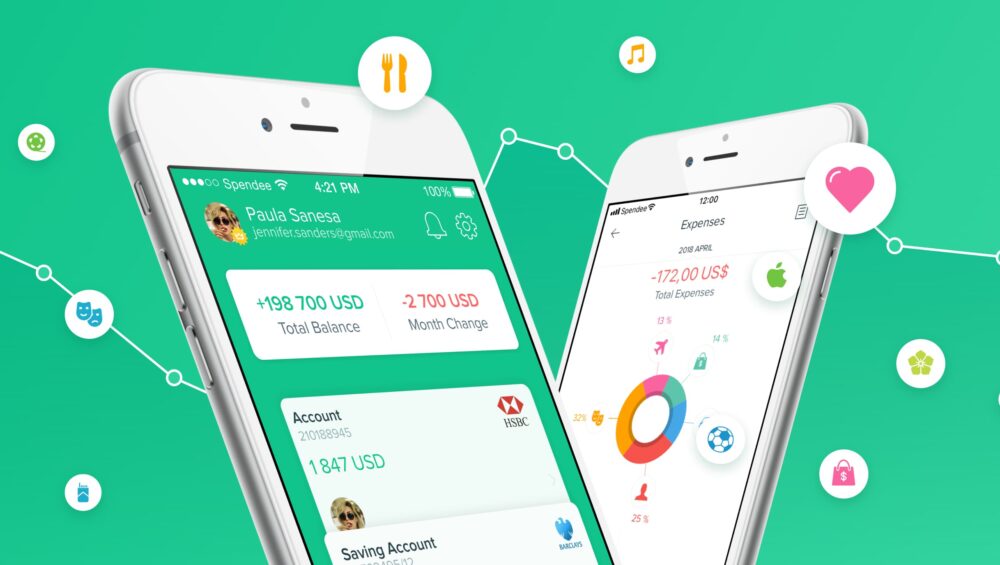Vietnam stands out as one of Southeast Asia’s most captivating destinations, thanks to its breathtaking landscapes, rich cultural heritage, and relatively affordable travel costs. However, when your journey stretches from several weeks to even months, managing your expenses becomes a key factor that determines whether your experience is smooth and fulfilling—or marred by financial stress.
Many travelers have had to cut their trips short or miss out on exciting experiences simply because of poor budget planning. So how can you fully enjoy the beauty of this S-shaped country while keeping your finances in check? This guide provides practical strategies—from building a travel budget and choosing affordable accommodations to optimizing your food and transportation costs.
Why Is Budget Management Crucial for Long-Term Travel?
Extended travel gives you the chance to slow down, dive deeper into local life, and truly absorb the culture. However, it also means your expenses accumulate over time. Without a smart financial plan, you could easily find yourself out of funds halfway through your journey.
Common financial challenges include:
- Unexpected expenses: Price hikes, itinerary changes, sudden illness, or impulse spending can quickly blow your budget.
- Seasonal price fluctuations: Accommodation, food, and activity costs can spike during high seasons like summer or Tet (Lunar New Year).
- Regional cost differences: Living expenses in cities like Ho Chi Minh City or Hanoi are significantly higher than in the central or northern highlands.
That’s why having a solid financial plan and smart expense management strategies is key—not only to extend your stay but also to enjoy peace of mind and financial control.
- Plan Your Budget Before You Go
Creating a detailed budget before departure helps you stay in control and avoid unpleasant financial surprises.
- Research average costs in your intended destinations. Blogs, travel groups, and websites like Agoda, Traveloka, or Booking.com can be great resources.
- Allocate your budget by category: accommodations (30–40%), food (20–25%), transportation (15–20%), attractions (10%), shopping and miscellaneous (5–10%).
- Set up an emergency fund (15–20% of the total budget) for unexpected situations.
📌 Tip: Use Excel or Google Sheets to build a detailed budget tracker. Highlight “fixed” (must-pay) and “flexible” (optional) expenses.
- Track Daily Spending
Even with a clear budget, monitoring actual daily expenses is essential. Set aside 5–10 minutes each day to record all your spending—from a morning coffee to an afternoon bus ride.
Useful tools:
- Financial management apps:
- Money Lover: Categorizes expenses and creates daily/monthly reports.
- Misa Money: Vietnamese interface, handy receipt-scanning features.
- Spendee: Ideal for group travel with easy budget sharing.
- A physical notebook: Great for jotting down purchases quickly, especially when you’re offline.
- Optimize Accommodation Costs
Lodging is often one of the largest travel expenses. But with smart choices, you can save significantly without sacrificing comfort.
- Choose homestays or budget guesthouses: Avoid crowded city centers—staying slightly outside the core can save 30–40%.
- Rent long-term apartments: For stays longer than two weeks, look for places with a kitchen and washing machine. Not only are they cheaper than hotels, but they also help you cut down on food and laundry costs.
- Use platforms like:
- Booking, Agoda: Compare prices and read real reviews.
- Airbnb: Discounts often apply for longer stays.
- HomeExchange, Couchsurfing: Perfect for travelers seeking local connections and potentially free accommodation.
- Manage Cash and Payment Methods
Cash remains king in many parts of Vietnam, especially in rural areas and local markets. But digital payments are gaining ground in cities.
- Carry only the cash you need for the day, and split it into different locations on your body to minimize theft risk.
- Use e-wallets like MoMo or ZaloPay in major cities for convenience and security.
- Avoid using international credit cards frequently due to high conversion fees. For long stays, consider opening a local bank account (e.g., TPBank, BIDV, Vietcombank) to facilitate fund transfers.
- Save on Transportation
Vietnam has a diverse and affordable transport network if you know how to make the most of it.
- Motorbikes: Renting by the month (800,000–1,500,000 VND) is far cheaper than daily rates.
- Intercity buses: Book 1–2 weeks in advance via Vexere.com or FUTA Bus to secure discounts and ensure availability.
- Trains: Great for long-distance travel—safe, scenic, and budget-friendly.
- Public buses: In Hanoi or Ho Chi Minh City, monthly passes cost around 200,000 VND, ideal for long-term stays.
- Walking or biking: Perfect for exploring places like Hoi An, Hue, or mountain villages in the north.
📌 Tip: Mix and match transport methods by region to balance savings and flexibility.
- Enjoy Local Cuisine Without Overspending
Food is an essential part of your Vietnam experience. For long-term travelers, eating well without overspending is absolutely doable.
- Embrace street food: Dishes like pho, banh mi, bun cha, and com tam cost just 25,000–50,000 VND, offering authentic flavors at bargain prices.
- Cook your own meals: Shop at local markets and cook at home if your accommodation has a kitchen—it’s both economical and fun.
- Avoid touristy restaurants in major hotspots—the prices can be drastically inflated.
- Ask locals or your homestay host for recommendations on affordable, tasty, and hygienic eateries—these gems are often off the radar but incredibly satisfying.
Conclusion
Long-term travel in Vietnam can be affordable, enriching, and stress-free—if you manage your money wisely. With clear budgeting, smart accommodation choices, optimized daily expenses, and helpful digital tools, you can extend your journey, minimize stress, and maximize your experiences.
Let every day of your adventure be a cherished memory—not marked by financial worries, but by thoughtful planning and empowered choices.




